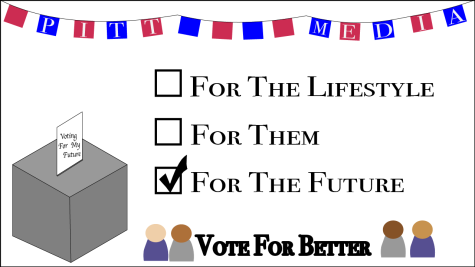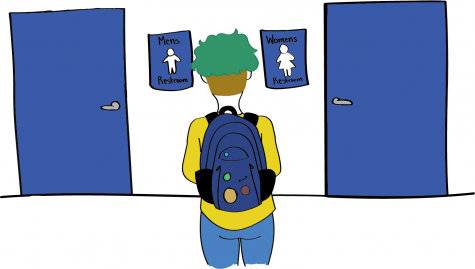Young voters shatter early voting records
As the election looms, it will bring a close to a long and, at times, vicious campaign. Hopefully, it will be only the beginning of an unprecedented effort at increasing voter turnout, a movement that has seen nearly 100 million pre Election Day votes, over two thirds of the total vote in 2016, as well as an increase from approximately 58 million early votes cast in 2016.
In addition to overall turnout, important swing states that contribute disproportionately in deciding the election have seen projected rises in participation by such states as Georgia. This is expected to be the first election in American history in which a majority of voting occurs prior to Election Day.
This election has been touted as the most important of our lifetimes with Democrats claiming President Trump is on track to cause irreparable damage to the political climate of the United States, and Republicans claiming the Democrats are willing to operate beyond the confines of electoral regulation to unseat the President.
As well as a highly impactful decision made by the electorate at large, this race represents a pivotal point in time for young people especially. Certain issues appearing clearly on the ballot in the form of the major party candidates are existential in nature, and to ignore them by not voting could be complicity in destruction.
On one hand, President Trump and Republican leadership have downplayed the seriousness of global climate change, whereas Biden has publicly detailed a green energy jobs program, transitioning away from the use of fossil fuels, and more symbolic gestures of global cooperation such as returning to the Paris Climate accord.
Another area of great contention is the handling of the Covid-19 pandemic by the current administration, in which 230,000 Americans have died. The Biden campaign has focused attacks towards what they claim is gross negligence on the part of the President.
As young supporters of a progressive agenda advocate for policies attempting to bring more financial and social equity to the United States in areas of marginalization such as concentrations of poverty as well as communities of color, the appearance of a candidate like Donald Trump on the ballot indicates the urgency and persistence which must be applied in resisting the direction of conservative politics. This administration has incited racial violence, failed to openly ridicule white supremacy with any promptness or intent, and overseen legally questionable detainments on the site of racial protests.
Another issue contested on the ballot is the judiciary. In a four-year term, President Trump is responsible for a third of Supreme Court occupants as well as hundreds of Federal judges. With the Supreme Court hearing a case soon on the potential unconstitutionality of the Affordable Care Act, as well as the potential for a 6-3 conservative majority court to reexamine Roe v. Wade, the decision protecting a woman’s right to choose more is at stake now than ever.
The consequences of this election and those in the near future will determine the course of life in the United States, potentially for generations to come and the will of the younger populace especially should be accounted for when dictating the progression of the political spectrum in the United States. A positive indication is the rise of young legislators such as Alexandria Ocasio-Cortez, and it is critical we continue this push, to corroborate an effort in leveling the quality of life in the United States with many others in the developed world.
Your donation will support the student journalists of Pittsburg High School - KS. Your contribution will allow us to purchase equipment and cover our annual website hosting costs.










